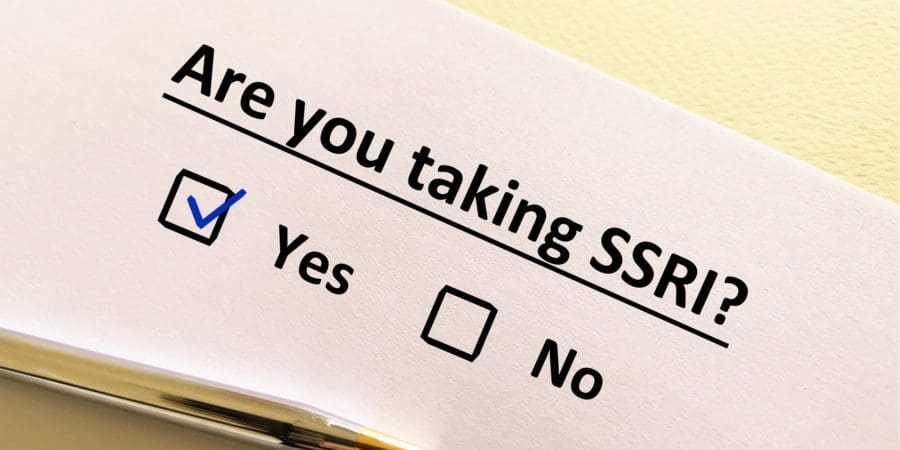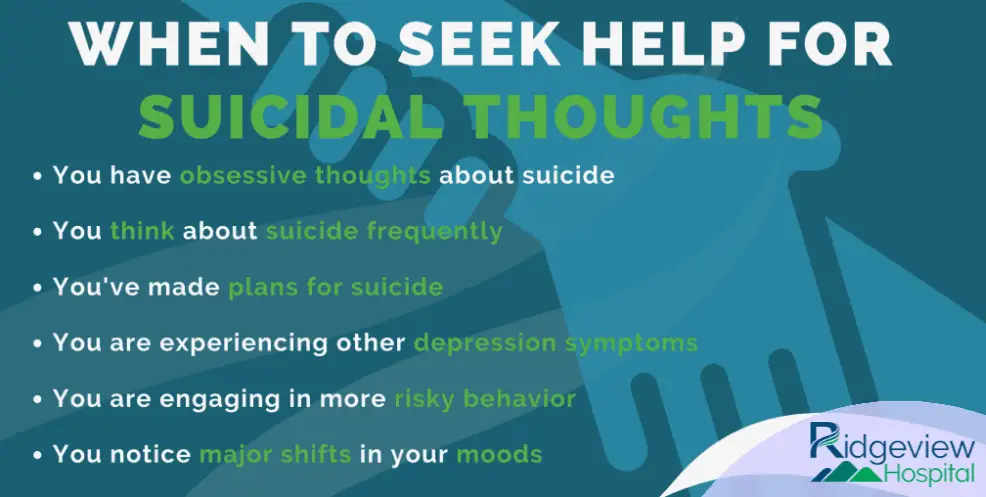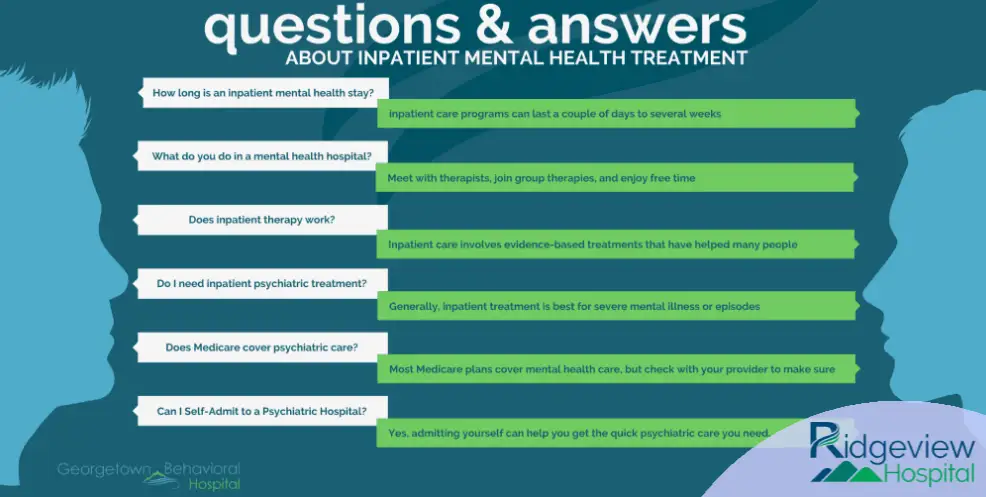Serotonin syndrome is a serious, life-threatening medical condition that can happen to people who are trying to better their mental health. If you are somebody who takes medications for your mental health, you might be at risk for this condition and all of its complicated symptoms. Below, you will find all the information you need on serotonin syndrome, including what causes it, symptoms to watch out for, and all of your treatment options so that you don’t have to sacrifice your health.
Serotonin Syndrome Causes

Serotonin is an important hormone that all humans need to feel happy and function in their day-to-day lives. This hormone impacts many aspects of the body, including the digestive tract, bones, and mood or mental health. When the levels of serotonin in the body are too low, it can result in mental health complications like depression, anxiety, and substance use disorders.
To help in these cases where people need more or balanced levels of serotonin to better their mental health, medications called selective serotonin reuptake inhibitors (SSRIs) can come in handy. However, SSRIs, amongst other mental health medications, come with a long list of side effects—especially if they aren’t taken properly, at the right dosage, or if they interact with other types of drugs. Prescription medications for migraines, for example, have the chance of interacting with SSRIs. Thus, serotonin syndrome becomes a risk.
Serotonin syndrome, also known as serotonin toxicity, most commonly occurs when a person is on these medications that are meant to boost or balance the brain’s production of serotonin. This condition is characterized by an overproduction of serotonin. Essentially, too much of this hormone can send the body into danger. Some examples of medications that can technically be taken together would be trazodone and Lexapro. However, when combined, these medications and others just like them have the chance of causing serotonin syndrome.
So, in short, SSRIs and other prescription drugs are sometimes necessary to take when trying to get your mental health back on track. But at the same time, the side effects of taking these medications might actually put your life at risk.
Serotonin Syndrome Symptoms
The symptoms of serotonin syndrome can begin very quickly after taking medications that interact with one another, or when misusing prescription drugs that cause an overproduction of serotonin. In some situations, the symptoms can start within an hour of taking the medications. In other cases, the symptoms can develop over the course of hours or even days before becoming noticeable.
While there’s a lot more to learn about this condition through research and trials on this condition, experts recognize that the main symptoms can range from very mild to very severe. Serotonin syndrome symptoms usually include:
- Rapid heartbeat
- High blood pressure
- Shivering or trembling
- Low body temperature
- Changes in mood
- Difficulty speaking
- Hallucinations
- Seizures
- Organ failure
- Death
Some of these symptoms mimic a drug overdose while other symptoms are difficult to differentiate from an episode of mental health distress. If you think that you have any of these symptoms of serotonin syndrome, it is essential that you seek medical attention right away to prevent further harm or even death.
Serotonin Syndrome Recovery Options

It is possible to reverse the symptoms of serotonin syndrome, especially if you are able to stop taking the medications that have caused the condition in the first place. However, this can be a tricky task to navigate. Usually it is unsafe to stop taking antidepressants or SSRIs cold turkey. As with any drug detox, there can be serious withdrawal symptoms that put your health at risk. Plus, without the medications, you might be left with untreated mental health concerns in addition to a substance use disorder.
The best option in recovering from serotonin syndrome is to seek medical and mental health guidance. Certain treatment facilities, like Ridgeview Behavioral Hospital, specialize in helping you heal from mental health distress at the same time as addictions or physical dependencies to prescription medications. The dual diagnosis treatment program at Ridgeview Behavioral Hospital can even help you to find the right dosage and type of medication to help with your mental health without putting you at risk for complications.
Additionally, our treatment programs provide opportunities such as:
- Mental health counseling
- Group therapy
- Stress management
- Life skills groups
There are also therapeutic options at our facility that can help you to naturally increase your body’s production of serotonin. Music therapy is one of these treatment methods. Music therapy is actually proven to help boost a person’s physical and emotional wellbeing. Another option would be practicing physical fitness and movement to naturally encourage the brain to produce a healthy level of serotonin through recreational therapy.
Find Recovery at Ridgeview Behavioral Hospital
For more information on serotonin syndrome and all of the recovery opportunities mentioned above, reach out to us today by phone at (419) 949-8590 or submit a contact us form here. With all of these options and more, recovery from serotonin syndrome—as well as preventing it if you seek help before the side effects catch up to you—is within an arm’s reach.
Serotonin Syndrome: FAQs
1. What is serotonin syndrome?
Serotonin syndrome is a potentially life-threatening condition that occurs due to excessive levels of serotonin in the body. It can result from the use of certain medications or drug interactions.
2. What are the symptoms of serotonin syndrome?
Symptoms of serotonin syndrome can include agitation, confusion, rapid heart rate, high blood pressure, dilated pupils, muscle rigidity, tremors, and in severe cases, seizures or coma.
3. What medications can cause serotonin syndrome?
Certain antidepressants, migraine medications, appetite suppressants, and illicit drugs such as MDMA (ecstasy) can increase serotonin levels and potentially lead to serotonin syndrome.
4. How is serotonin syndrome diagnosed?
Diagnosis of serotonin syndrome is based on symptoms, medical history, and sometimes blood tests to rule out other conditions. It’s important to inform your healthcare provider about all medications and supplements you are taking.
5. What is the treatment for serotonin syndrome?
Treatment for serotonin syndrome involves discontinuing the offending medications, supportive care to manage symptoms (such as IV fluids and medications to control agitation or seizures), and sometimes hospitalization for observation and monitoring.





















